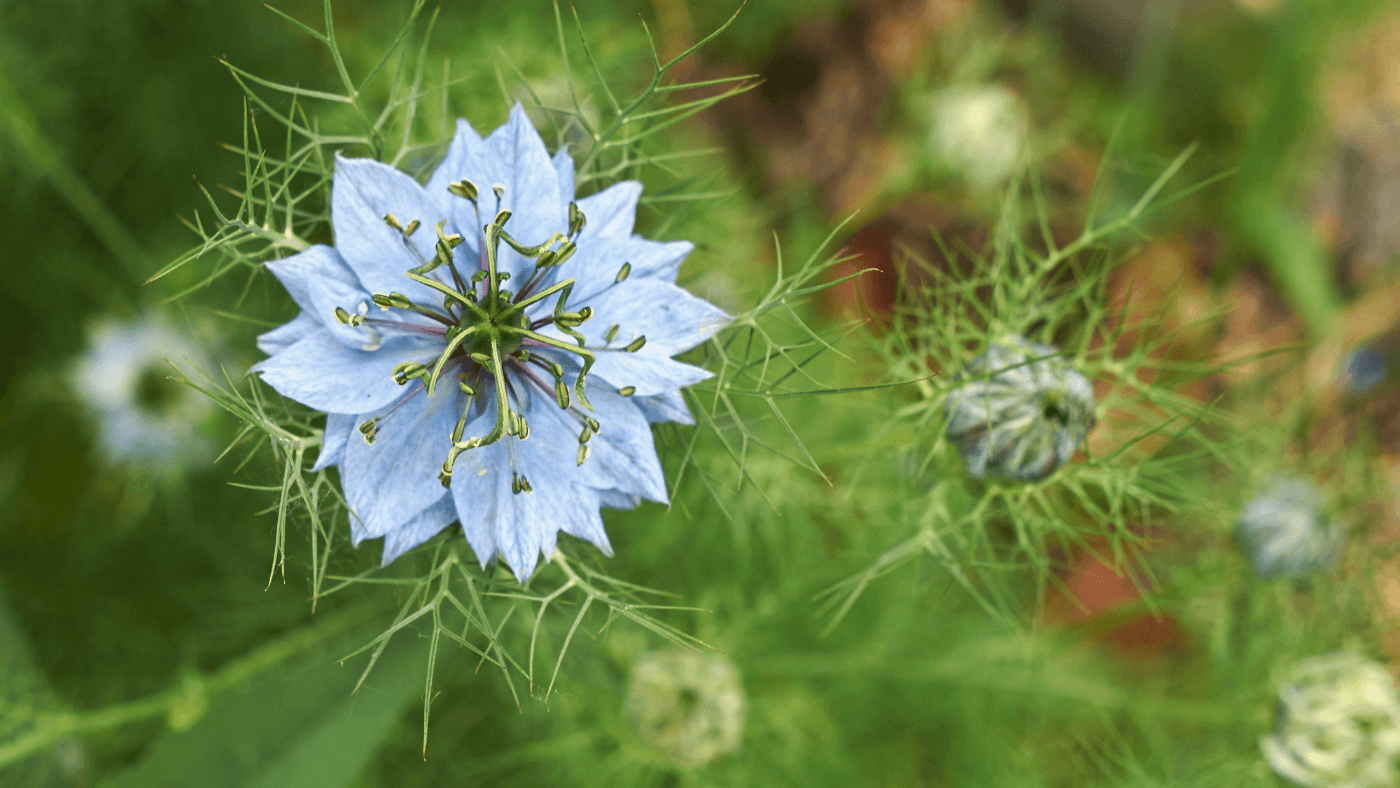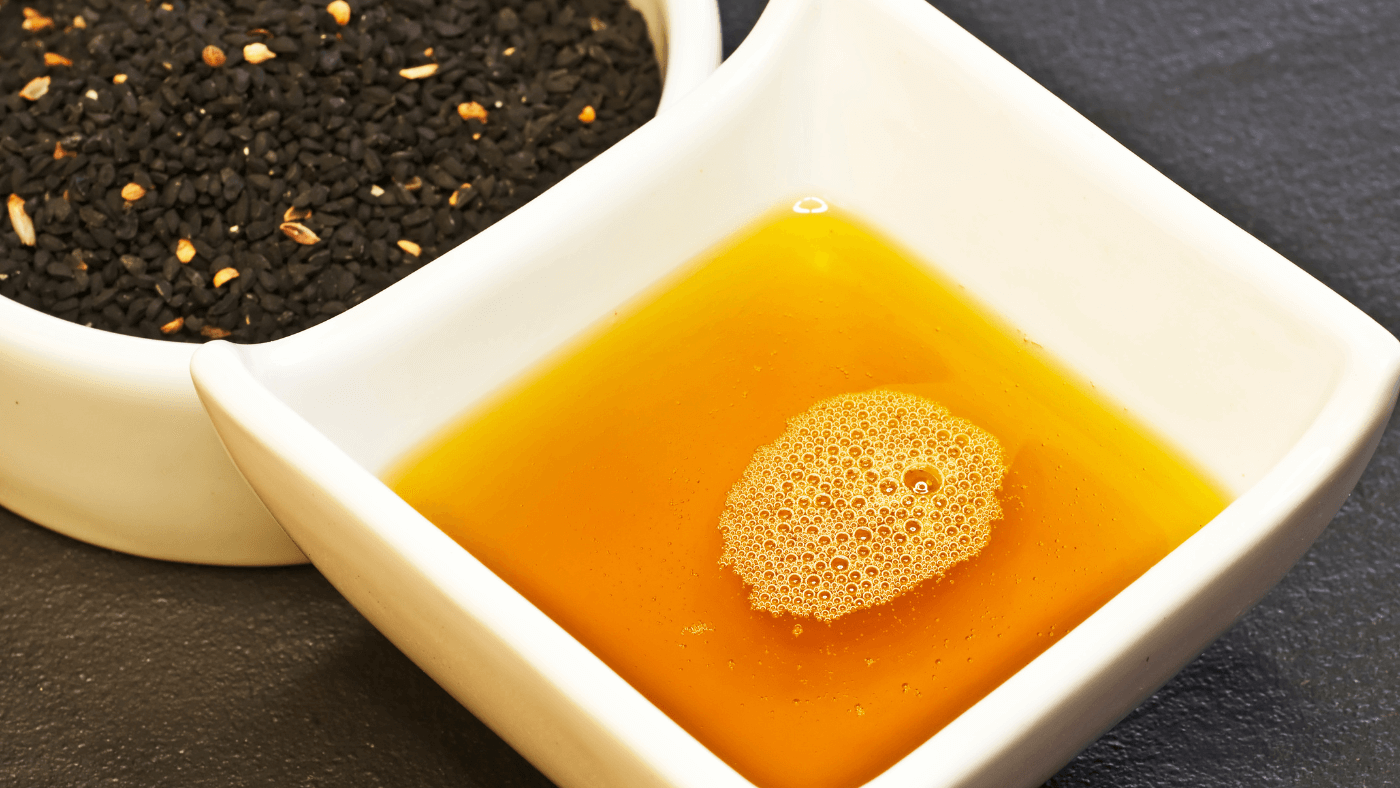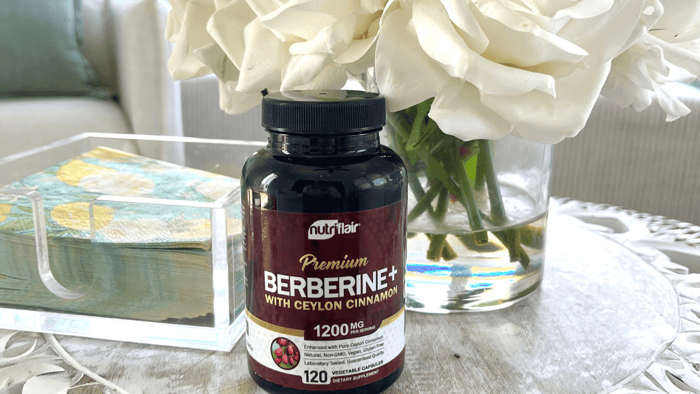When it comes to overall health, there’s rarely a cure-all. However, black seed oil might just come close. Black seed oil benefits are effective for many, with advantages including black seed oil for skin, black seed oil for weight loss, and black seed oil for hair. The healing power of this oil might seem incredible, but it’s hard to argue against the overwhelming evidence researchers have found on black seed as a preventative treatment for a variety of conditions.

The History of Black Seed Oil
Black seed is found in Nigella Sativa, a plant native to Southwest Asia, Southern Europe, the Mediterranean, the Middle East, and Northern Africa. The use of black seed has been traced back 3,000 years, with evidence that it was integrated into ancient Egyptian, Greek, Persian, and Ayurvedic medicine.
The black seeds that make our modern-day black seed oil are found in the fruit the plant produces. These seeds, also known as black cumin, black caraway, nigella, fennel flower, and Roman coriander, contain a variety of compounds studied for their health effects. These compounds include linoleic acid, palmitic acid, monoterpenes, thymol, and thymoquinone.
Black Seed for Blood Sugar
Black seed oil is also beneficial to those who suffer from heart disease and other cardiovascular conditions.
Those who consume the oil as a supplement were observed to have lower blood sugar levels, blood pressure, and cholesterol. Studies have even shown that oil consumption reduces the overall risk of heart disease by decreasing these factors. Another study found that black seed supplements can reduce heart rate, increase energy production, and even reverse chemical effects on lab rats’ hearts, preventing the acceleration of cardiovascular disease.
Black Seed for Healing
The oil has been a popular go-to remedy for hair and skin problems throughout the ages. Studies show that applying the oil topically may help alleviate skin conditions such as acne, eczema, dry skin, and more. Many times, this oil is added to hair and skin products to enhance tissue repair.
In particular, the compound thymoquinone encourages new tissue growth to heal wounds and other conditions causing tissue degeneration. Injuries healed include burns, excisions, and diabetic wounds. Additional studies found that black seed contains anti-inflammatory, antioxidant, and antibacterial effects. For example, conditions like diabetes, which cause inflammation, inhibit a wound from completely healing. Black seed counters this by promoting renewed cell growth by removing inflammation.

Black Seed for Weight Loss
Weight loss is still being studied, but so far, it’s been observed in numerous patients. More research is needed to confirm weight loss benefits, but recent results have been promising.
Research found those taking supplements daily in place of a low-calorie diet lost a significant amount of weight. Those who consumed the oil also improved cholesterol levels, making them healthier than their counterparts. Black seed also improved metabolic function, contributing to a more balanced weight loss. The oil itself was reported to slow appetite, decreasing one’s body fat and body mass index. Pairing daily supplements with an active lifestyle and healthy diet has yielded the best results for those interested in losing unhealthy body fat or lowering their chance of obesity.
Other Benefits
There are many studies out there that also include findings on benefits for asthma, arthritis, and more. One specific benefit includes improved brain health provided by the oil’s ability to decrease inflammation in brain cells. Studies have found better memory, less cell loss, and better attention span were just some results. Black seed oil can even reduce the number of cancer cells by inhibiting the growth of tumors. In men, it even resulted in reduced infertility for those struggling.

Where to Find Black Seed
While the oil itself can be eaten, it is bitter. Instead, you can cook your meals with it, diluting the taste and making it more palatable. However, it may be wise to keep the oil away from high heat, which diminishes its nutritional value.
If cooking is not your thing, it can also be found in supplements. A safe dosage is usually 200 to 2,000 milligrams a day, but black seeds are also sold before being turned into oil. These seeds can be eaten, crushed into a powder, boiled to make tea, or even added to honey for a sweet and beneficial treat. The possibilities are endless. However, black seed is known to interact with other medications, so make sure to consult with your doctor before adding them to your regimen.
While research on some benefits is still ongoing, it’s hard to ignore the impact this oil can have on your overall health. If you’re looking to improve heart health, blood pressure, weight loss, and overall healing in your life, black seed oil may just be your new go-to.
This article is meant to be informational and should not be treated as medical advice. You should always consult with your physician for any personal concerns or when feeling ill and before starting any new supplements.
Want to know everything going on in natural health and beauty? Sign up for BVU's newsletter. You can also follow along on Instagram and Facebook.




